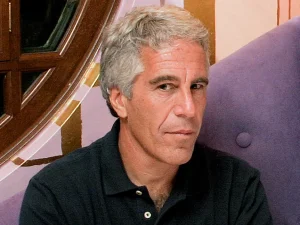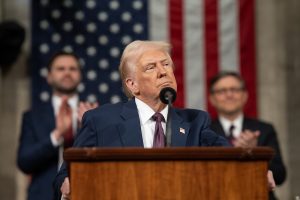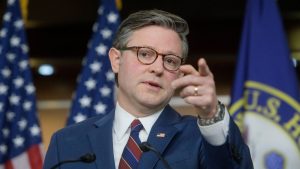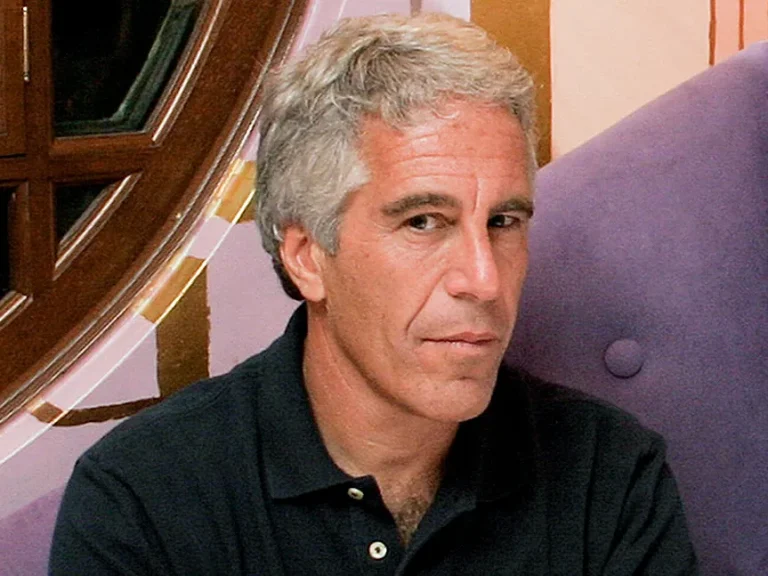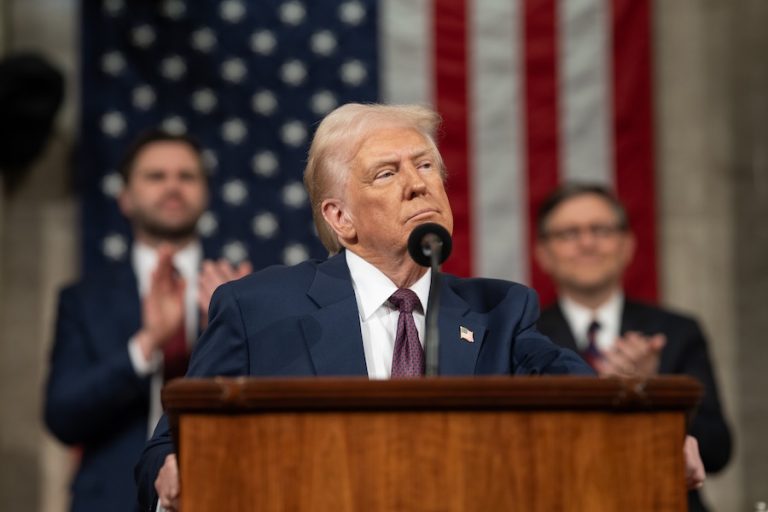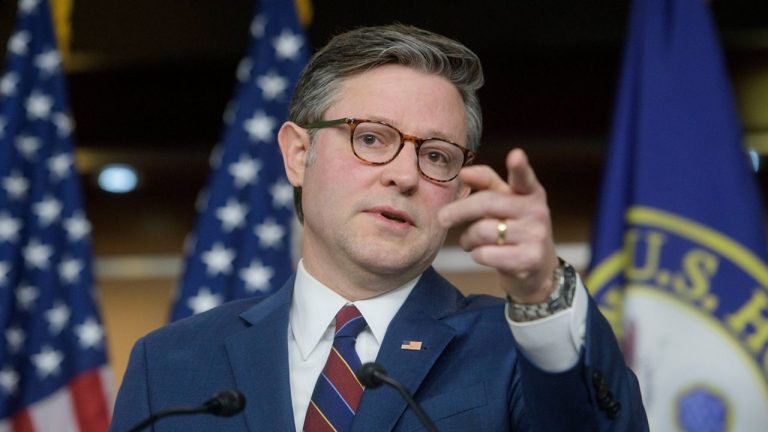NOTE: VIDEO AT THE END OF THE ARTICLE:
Kari Lake, Senior Advisor to the U.S. Agency for Global Media (USAGM), recently announced a significant reduction in the agency’s workforce, cutting approximately 85% of its employees. This move comes in line with President Donald Trump’s executive order issued in March 2025, which called for reducing federal bureaucracy and minimizing government agencies to their statutory minimum staffing levels.
The layoffs, confirmed by Lake in a June 2025 social media post, resulted in the dismissal of 639 employees during the latest round, following previous reductions that have brought the total number of job cuts at USAGM to about 1,400 since March. The agency, which oversees major outlets such as Voice of America (VOA), Radio Free Europe/Radio Liberty, and the Office of Cuba Broadcasting, now operates with roughly 250 employees remaining.
Lake characterized USAGM as a “bloated, biased, and dysfunctional” agency, emphasizing that the workforce cuts are aimed at eliminating wasteful spending and refocusing the agency’s mission on taxpayer interests. She referred to the agency’s previous budget as a “decades-old slush fund of government waste and liberal media activism,” asserting that the reductions serve as a step toward responsible governance.
To assist those affected, USAGM introduced the “Fork in the Road” program, allowing eligible employees to receive full pay through September 30, 2025, during the transition. Additionally, the agency canceled a costly $250 million lease for office space, another measure intended to reduce unnecessary expenditures.
The announcement has drawn praise from supporters such as Representative Marjorie Taylor Greene, who has long criticized USAGM for alleged corruption and cronyism, particularly regarding the Open Technology Fund (OTF). Greene, chair of the House Oversight Subcommittee on Delivering Government Efficiency, views the layoffs as a victory for taxpayer accountability and effective oversight.
However, critics warn that the drastic staff reductions could weaken the United States’ ability to promote free and independent media abroad, especially in regions where VOA and other USAGM entities play vital roles in countering authoritarian propaganda. Concerns have also been raised about the impact on journalists’ safety and the agency’s overall effectiveness in fulfilling its public diplomacy mission.
As USAGM moves forward with this major restructuring, the political and legal debates surrounding its future are likely to intensify. Stakeholders on both sides of the issue continue to assess how these changes will affect U.S. influence globally and the integrity of government-funded media operations.
PLAY:
https://www.youtube.com/watch?v=w3tihMUYsmA

Sarah Mitchell is a bestselling novelist recognized for her insightful and emotionally resonant stories that explore the complexities of human relationships. Originally from Denver, Colorado, Sarah grew up in a family of teachers who nurtured her curiosity and love for storytelling. She studied psychology at Stanford University, where she became fascinated by the intricacies of human behavior—an interest that would later shape her writing career. Sarah’s novels are praised for their nuanced characters, intricate plots, and ability to capture the subtle tensions that define love, friendship, and family ties. Her breakthrough novel, The Spaces Between Us, became an instant bestseller, lauded for its honest portrayal of strained family relationships and the fragile bonds that hold people together. Since then, she has published several works that continue to captivate audiences around the world. Outside of her writing career, Sarah is passionate about mental health advocacy and often partners with organizations to promote awareness and support for those struggling with emotional well-being. Her personal life is quieter—she enjoys hiking in the Colorado mountains, practicing yoga, and spending time with close friends. With each new book, Sarah Mitchell cements her reputation as a writer who illuminates the beauty and struggles of human connection.
